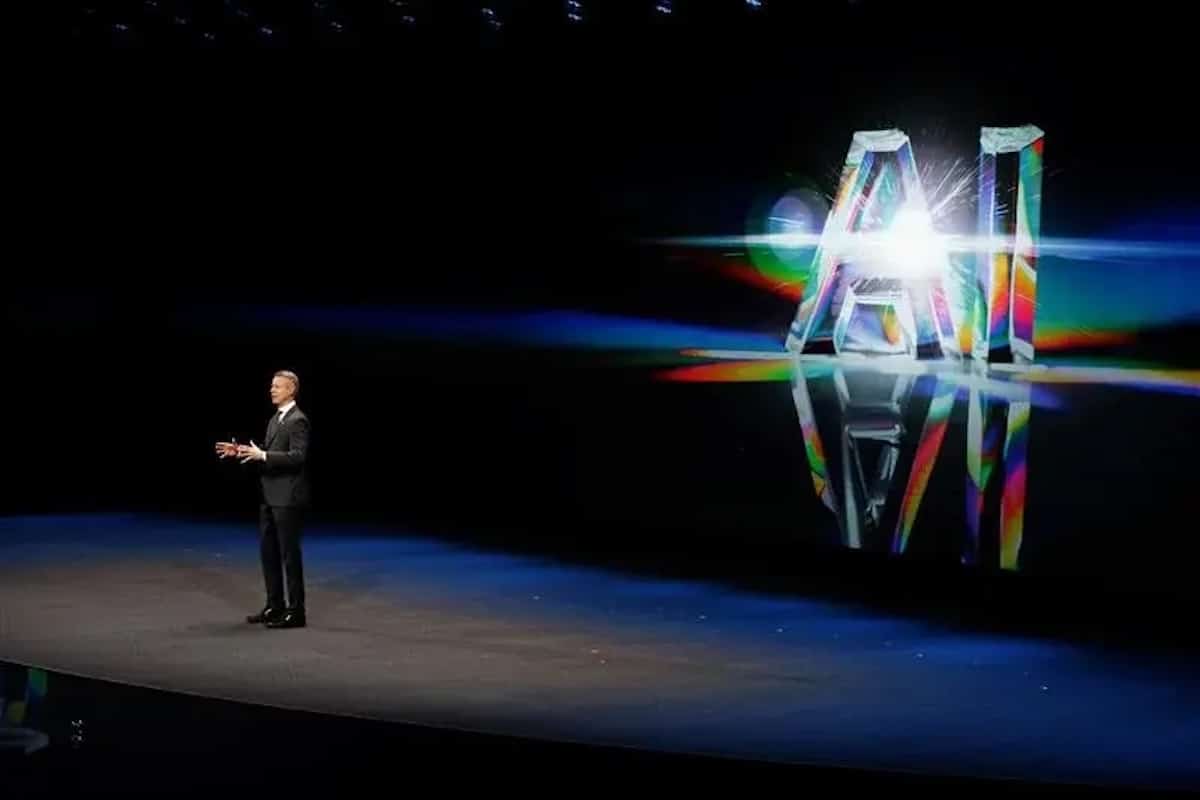The MWC Barcelona 2025, the world’s largest and most influential connectivity event, has opened its doors with a clear vision: a digital future that will contribute nearly 11 trillion dollars to the global economy by 2030. This edition focuses on key themes such as accelerating digital transformation through 5G, the convergence of artificial intelligence (AI) with advanced connectivity, and the role of sustainability in technological evolution.
The transition to 5G Standalone and the impact of AI
In his opening speech, Mats Granryd, Director General of the GSMA, emphasized the importance of completing the transition to 5G Standalone and fostering new revenue models that leverage artificial intelligence and the GSMA Open Gateway’s open APIs. He also highlighted the need to ensure access to radio frequency spectrum and to close the digital divide affecting 3.1 billion people who, despite being covered by mobile networks, do not use mobile Internet. Closing this gap could generate a 3.5 trillion dollar economic opportunity.
MWC Barcelona: the epicenter of global connectivity
The event brings together technology leaders, visionaries, and policymakers from around the world, establishing itself as a unique space for innovation and business. According to Granryd, more than 50% of attendees come from sectors outside the mobile ecosystem, reflecting the cross-sector impact of connectivity across various industries.
“Our industry connects nearly six billion people and sustains economies worldwide. MWC is the only place where exhibitions, thought leaders, startups, and regulators converge, creating an environment where innovation flows and business advances,” Granryd stated.
Mobile Economy 2025 Report: the exponential growth of 5G
During the event, the GSMA presented its Mobile Economy Report 2025, which analyzes key trends in the mobile industry. Some of its most relevant findings include:
- By 2024, mobile technologies and services accounted for 5.8% of global GDP, equivalent to 6.5 trillion dollars.
- By 2030, this figure will reach 11 trillion dollars, representing 8.4% of global GDP, driven by advancements in 5G, IoT, and AI.
- 58% of the global population (4.7 billion people) were using mobile Internet by the end of 2024. This number is expected to increase to 5.5 billion (64%) by 2030.
- 5G connections surpassed 2 billion in 2024, and by 2030 will account for more than half (57%) of mobile connections, surpassing 4G adoption in 2028.
- 5G Standalone will drive 70% of business revenue growth by 2030, creating an opportunity of 127 billion dollars.
- The GSMA Open Gateway, which facilitates innovation through open network APIs, is already supported by 72 operators representing 80% of global mobile connections.
Industry, technology, and new economic opportunities
5G connectivity and AI are vertically transforming various economic sectors. Between 2024 and 2030, the main beneficiaries will be:
- Manufacturing industry (25% of sector growth)
- Hospitality and food services (17%)
- Public administration (14%)
In addition, the GSMA Open Gateway initiative is attracting support from major automotive and aviation companies, such as the 5G Automotive Association and Seamless Air Alliance, which see 5G as a pathway to enhance efficiency and connectivity in their sectors.
A key event for the digital future
The conferences and keynote sessions of MWC Barcelona 2025 are being streamed live on the event’s website and Mobile World Live, allowing global access to the most relevant discussions on connectivity and digital transformation.
With the presence of key figures from the sector, MWC25 reaffirms itself as the global forum for defining the future of connectivity, driving innovation and economic growth in the digital age.

